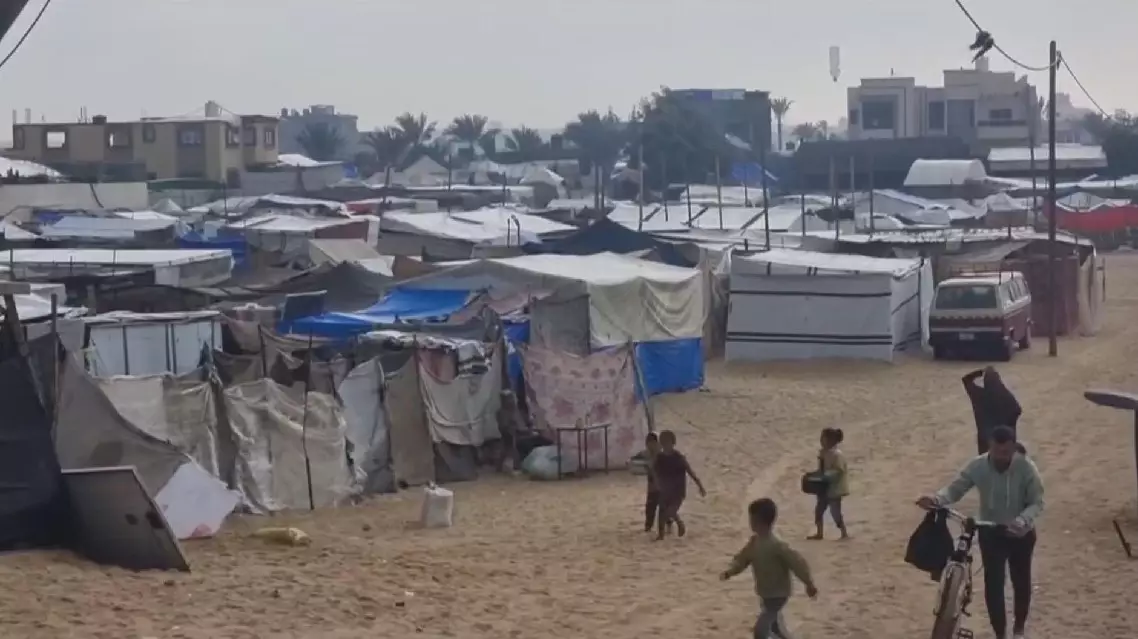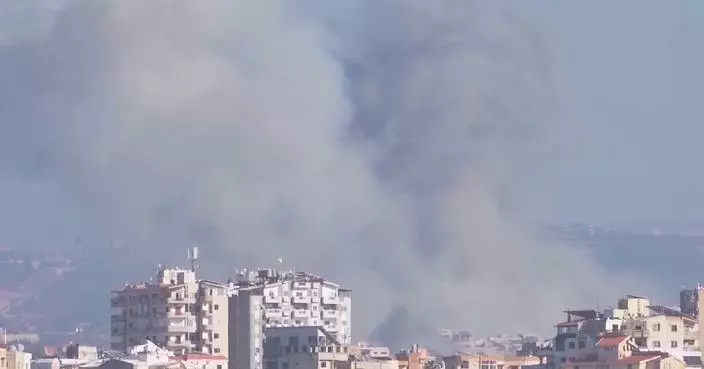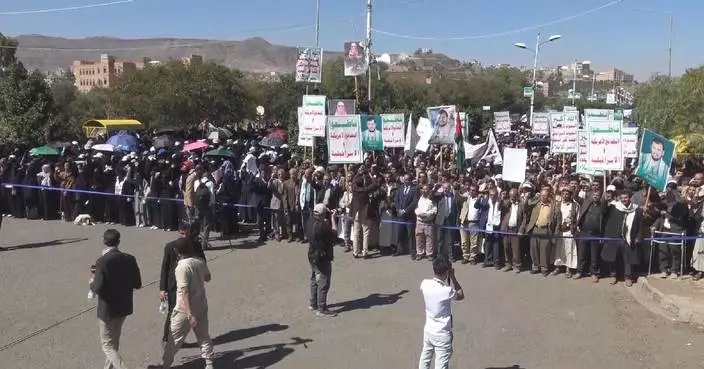Residents in the Sudanese capital region are grappling with a worsening water crisis alongside food shortages, while outbreaks of infectious diseases such as cholera and dengue fever spread rapidly in certain areas.
Since the outbreak of armed conflict, key water infrastructure in metropolitan area of the capital Khartoum, including a Nile River water treatment plant and several urban supply stations, has been severely damaged. With a shortage of personnel and repair parts, water networks in multiple districts have been disrupted for months, leaving tens of thousands of households without water.
Residents now have to fetch water from the Nile River using carts, or purchase untreated water, which has become scarce.
"We've been without water for 17 days. The situation is unbearable. We now have to buy water, but the prices are skyrocketing. Two barrels cost 1,000 Sudanese pounds (about 1.66 U.S. dollars)," said local resident Ahmed Musa. To put it in context, the average annual income for a Sudanese is 2,379 U.S. dollars, or about 6.5 dollars per day, according to UN statistics.
As winter draws near, the worsening health crisis and lack of basic necessities threaten to further escalate the humanitarian situation in Sudan.
The Sudanese Ministry of Health said Saturday that a vaccination campaign targeting more than 1.4 million people against cholera started in eastern and northern parts of the country.
The campaign aims to vaccinate over 1.4 million people aged one year and above and will continue until Thursday, it said.
The ministry said on Oct 5 that in the past two months, it had received more than 1.8 million doses of the cholera vaccine provided by the international organization GAVI, the World Health Organization, and the United Nations Children's Fund (UNICEF).
Sudan has been ravaged by a deadly conflict between the Sudanese Armed Forces and the paramilitary Rapid Support Forces which started in mid-April 2023. Since the outbreak of the conflict, epidemic diseases such as cholera, malaria, measles, and dengue fever have spread, leading to hundreds of deaths.
The Sudanese Health Ministry has so far reported 25,037 cases of cholera and 702 related deaths.
On Friday, UNICEF warned on social media platform X that 3.1 million people, including 500,000 children under five, are at risk of cholera in Sudan.
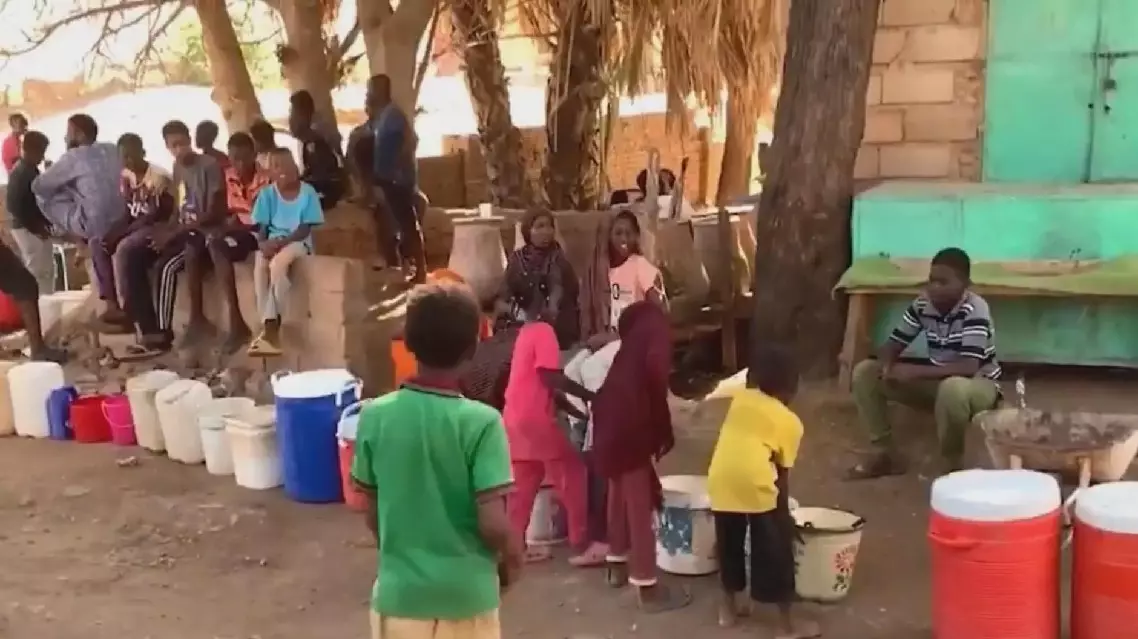
Sudan faces worsening water crisis, rapid disease spreads
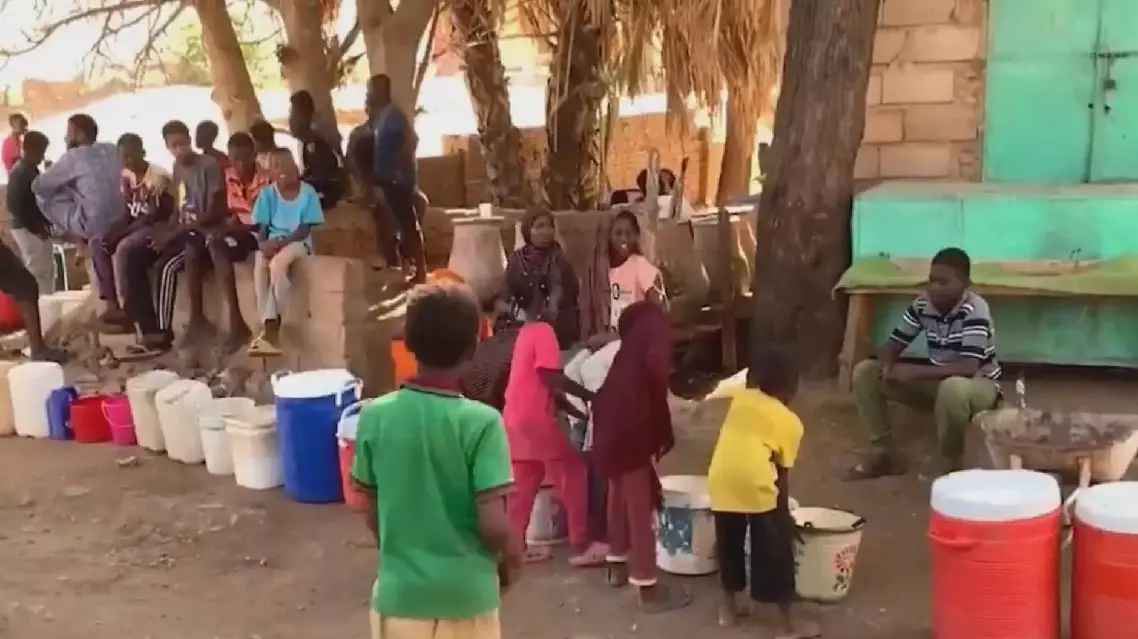
Sudan faces worsening water crisis, rapid disease spreads


